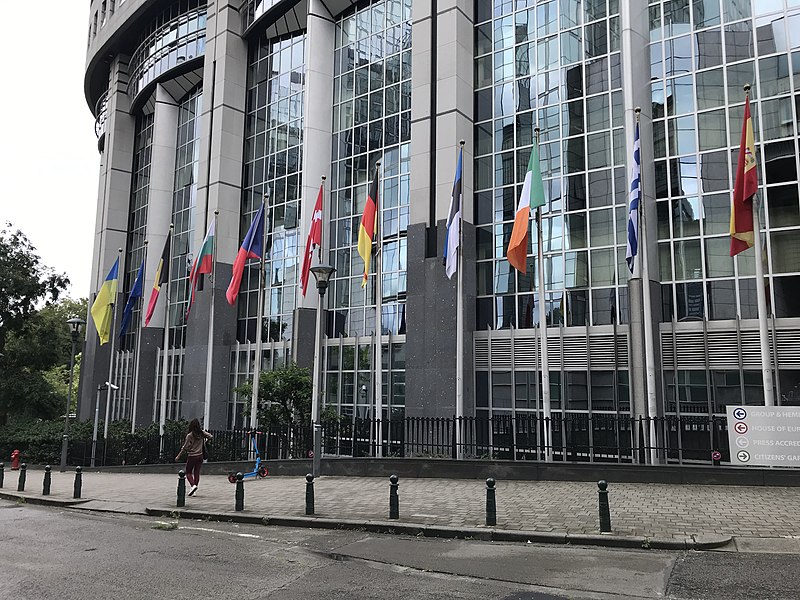
On Thursday, the European Parliament passed three resolutions addressing human rights concerns in Crimea, Kyrgyzstan, and Azerbaijan.
Crimea: ongoing human rights abuses under Russian occupation
Marking 11 years since Russia's illegal annexation of Crimea and Sevastopol, the European Parliament strongly condemned the occupation, highlighting widespread human rights violations. MEPs underscored the plight of Crimean Tatars, ethnic Ukrainians, and other minorities facing persecution, citing political prisoners such as Iryna Danylovych, Tofik Abdulhaziiev, and Amet Suleymanov as emblematic of the repression against journalists, civil society activists, and human rights defenders.
The Parliament demanded their immediate and unconditional release and called on the international community to maintain its policy of non-recognition of the annexation while intensifying sanctions against individuals and entities complicit in the occupation.
The resolution passed with 446 votes in favor, 25 against, and 51 abstentions.
Kyrgyzstan: erosion of democratic freedoms
MEPs voiced grave concerns over democratic backsliding in Kyrgyzstan, including attacks on media freedom, freedom of expression, and the political opposition. Particular attention was drawn to the arbitrary detention of opposition leader Temirlan Sultanbekov. The resolution called for his immediate release, along with other detained political figures, and urged Kyrgyz authorities to uphold democratic standards under their agreements with the EU.
The Parliament also demanded the repeal of restrictive laws such as the “false information law” and the “Foreign Representatives” law. Furthermore, it urged Kyrgyzstan to avoid assisting Russia in circumventing international sanctions related to its aggression against Ukraine.
The resolution was adopted with 492 votes in favor, 28 against, and 41 abstentions.
Azerbaijan: repression of civil society and independent media
The European Parliament condemned Azerbaijan’s ongoing crackdown on civil society and independent media, calling for the unconditional release of human rights defenders, journalists, and political activists prosecuted on politically motivated charges. MEPs highlighted the case of Dr. Gubad Ibadoghlu, a 2024 Sakharov Prize finalist, who was barred from attending the award ceremony or connecting remotely. They demanded the lifting of his travel ban, the dismissal of charges against him, and permission for him to seek medical care abroad.
The resolution also addressed restrictions on independent media outlets such as Meydan TV, Toplum TV, Abaz Media, and Kanal 13, urging the Azerbaijani government to cease its repression and allow press freedom. MEPs advocated for EU sanctions on officials responsible for human rights violations and insisted that any partnership agreements with Azerbaijan, including energy deals, be contingent on respect for fundamental rights.
The resolution was approved with 434 votes in favor, 30 against, and 89 abstentions.



































